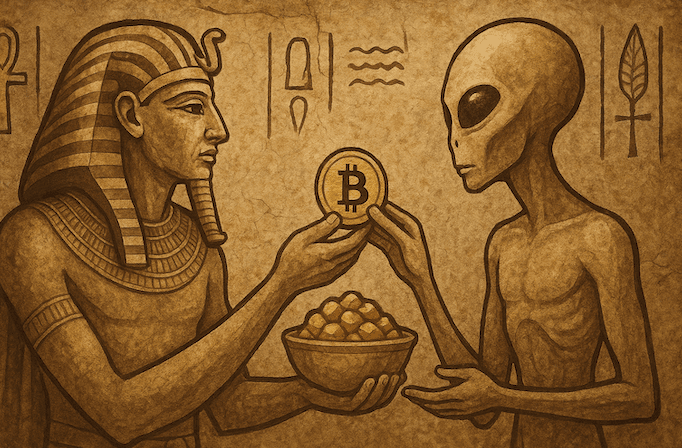
The American startup Marathon Fusion recently announced that they are developing a technology that combines nuclear fusion and nuclear transformation to turn mercury into gold. Although not yet commercially operational, if the technology matures and scales up, it could rewrite the scarcity attributes and market role of gold, triggering a significant migration of global safe-haven assets and storage tools. At this time, Bitcoin may be standing at the threshold of history, ready to take on the role that belongs to gold.
If gold can be synthesized in large quantities, the myth of scarcity will be overturned.
Marathon Fusion's technical concept is to transform mercury-198 into mercury-197 through the impact of high-speed neutrons in a nuclear fusion reaction, which ultimately decays into stable gold-197. If each fusion power plant can produce 11,000 pounds of gold annually, and if a hundred plants are built globally, it will add 500 tons of gold each year, increasing supply by nearly 16%. This would significantly lower gold prices and weaken gold's appeal as a safe haven and its trust base as a store of value.
The characteristics and narrative of Bitcoin make it a potential successor.
Compared to gold, Bitcoin has a supply limit written in code (21 million), is non-replicable, verifiable, and can circulate across borders. Once the market doubts gold's scarcity, Bitcoin's 'digital scarcity' will become more attractive and strengthen its role as a store of value.
Capital flows may change, with institutions and sovereign funds focusing on digital reserve assets.
If a crisis of confidence occurs in global gold assets, some funds may shift towards Bitcoin spot ETFs or long-term allocation funds. If only 10% of gold investment assets (around $1 trillion) shift to Bitcoin, it would create a multiple leverage price push in the fixed supply Bitcoin market and may prompt central banks or sovereign funds to reconsider the role of digital assets in reserves.
Gold is not just a metal; it is a container of history and civilization.
However, the value of gold goes beyond scarcity and utility. It has historically carried the power of empires, symbols of civilizations, and trust in institutions, crystallizing thousands of years of monetary and authority history. From the pharaoh's golden mask, Roman coins, to modern central bank reserves, gold serves as an 'anchor point of collective memory.'
Nuclear fusion may create gold, but cannot recreate the historical weight behind it.
Bitcoin is writing its own civilizational story.
Although Bitcoin is young, it is accumulating its own culture and beliefs:
Satoshi Nakamoto's white paper has become the 'Genesis Document' of the digital age;
Blockchain height records every segment of its history;
Applications in war, incorporation into capital markets, and the strengthening of anti-inflation narratives have all paved the way for its entry into the context of civilization.
The next carrier of human trust may be digital rather than metallic.
Gold stores humanity's past, while Bitcoin may be storing humanity's imagination of future value.
If gold's scarcity is ultimately disrupted by technology, we may turn to find that digital new anchor point which still cannot be replicated, can transcend eras, and carries belief. And Bitcoin is being redefined at this historical juncture of value transfer.
This article asks whether Bitcoin will take over humanity's value beliefs when gold can be synthesized. Originally appeared in Chain News ABMedia.


